This article was co-authored by Carrie Noriega, MD. Dr. Noriega is a Board Certified Obstetrician & Gynecologist and medical writer in Colorado. She specializes in women’s health, rheumatology, pulmonology, infectious disease, and gastroenterology. She received her MD from the Creighton School of Medicine in Omaha, Nebraska and completed her residency at the University of Missouri - Kansas City in 2005.
There are 10 references cited in this article, which can be found at the bottom of the page.
This article has been viewed 35,080 times.
Ovarian cysts can be painful and may even indicate an underlying medical condition, so it is important to tell your gynecologist if you get them often. Ovarian cysts may sometimes be part of normal ovulation and these are called functional ovarian cysts. These types of cysts cannot be prevented, but it is possible to reduce your risk of problematic cysts and there are medical options for treating and removing painful ovarian cysts as well.
Steps
Reducing Your Risk Factors
-
1Stop smoking. Smoking increases your risk of developing ovarian cysts[1] as well as increasing your risk for other negative conditions such as cancer and emphysema.[2] If you smoke, ask your doctor for help with quitting. There are medications and smoking cessation programs available that may help you quit.
-
2Lose weight. Being overweight can contribute to your risk of developing conditions such as polycystic ovary syndrome (PCOS), which increases your risk of ovarian cysts.[3] If you are overweight, then do what you can to get down to a healthy weight.
- For women who have PCOS, losing just 10% of their weight can resolve the problem and is usually a more realistic goal.
- Start a food diary to keep track of how much you eat each day.
- Limit your caloric intake so that you burn more than you eat.
- Eat more fruits and vegetables.
- Exercise for at least 30 minutes five days per week.
Advertisement -
3Consider taking birth control. Birth control pills are often recommended as a way to prevent ovarian cysts.[4] Birth control pills may also reduce your ovarian cancer risk.[5] Talk to your doctor if you are interested in trying birth control to help control your ovarian cysts. Just keep in mind that birth control pills have other side effects as well.
- Birth control works by suppressing ovarian function and preventing ovulation. For this reason, pills, patches, rings, injections, and implants all work.
-
4Get treated for conditions that increase your risk of ovarian cysts. Some conditions increase the likelihood that you will develop ovarian cysts, so it is important to get treated for these conditions. You are at an increased risk of developing ovarian cysts if you have:[6]
- Polycystic Ovary Syndrome (PCOS) —This is a condition that causes your ovaries to produce cysts and you may not ovulate if you have PCOS. It is also more common to have a high level of male hormones when you have PCOS.[7]
- Endometriosis — This causes uterine tissues to grow outside of your uterus. This condition can cause pain, heavy periods, and infertility.[8]
-
5Determine if fertility medication may be to blame. Some medications that promote ovulation may also increase your risk of developing ovarian cysts, but make sure that you talk to your doctor before stopping any medication. If you are taking clomiphene (a fertility drug) then you are at an increased risk of developing an ovarian cyst.[9] Clomiphene is also known as:
- Clomid
- Serophene
Dealing with Painful Cysts
-
1Make an appointment with your gynecologist. If you are experiencing pain or other side effects from ovarian cysts, then it is important to let your gynecologist know. Your gynecologist may advise a “wait and see” approach, also known as watchful waiting. Your gynecologist may also want to do an ultrasound a few weeks after you become aware of the cyst to see if it is still there.[10]
-
2Take an over-the-counter pain reliever. Over-the-counter pain relievers such as acetaminophen and ibuprofen can provide relief for painful ovarian cysts.[11] Make sure that you read and follow the manufacturer’s instructions before use. Talk to your doctor if you are not sure what or how much to take.
-
3Drink soothing herbal teas. Sipping a cup of herbal tea may also help to relieve some of the pain caused by ovarian cysts. The warmth of the tea can help to relax you muscles and serve as a nice relaxing distraction. Some good teas to try include:[12]
- Chamomile
- Peppermint
- Raspberry leaf
- Decaffeinated green tea
-
4Apply heat. A heating pad applied to your lower abdomen may also help to relieve some of the pain caused by ovarian cysts.[13] You can use either a hot water bottle or an electric heating pad. Place the heating pad on your lower abdomen for about 10 – 15 minutes at a time.
- Take breaks in between uses to avoid overheating your skin.
-
5Try to relax. A stressed state of mind may make pain seem worse, so try to take some time for yourself and relax as much as possible while you are dealing with an ovarian cyst. Some good stress relieving activities include:[14]
- Playing with a pet
- Going for a walk
- Taking a bubble bath
- Writing in a journal
- Calling a friend
- Listening to music
- Watching a funny movie
-
6Talk to your gynecologist about surgical options. If cysts are large or if they are causing other symptoms, then surgery may be necessary to remove them. Surgery may also be necessary if there are concerns that a cyst may be cancerous. Surgery for ovarian cysts may be performed using:[15]
- Laparoscopy — For smaller cysts, the surgeon can make a small incision and remove the cyst with the help of a laparoscopic camera.
- Laparotomy — For larger cysts, it may be necessary to make a longer incision to remove the cyst.
References
- ↑ https://www.medscape.com/answers/255865-25770/what-are-the-risk-factors-for-ovarian-cyst-formation
- ↑ http://aje.oxfordjournals.org/content/161/6/520.long
- ↑ http://www.nhs.uk/conditions/Polycystic-ovarian-syndrome/Pages/Introduction.aspx
- ↑ http://www.acog.org/Patients/FAQs/Ovarian-Cysts
- ↑ https://www.cancer.gov/about-cancer/causes-prevention/risk/hormones/oral-contraceptives-fact-sheet
- ↑ http://www.nhs.uk/Conditions/Ovarian-cyst/Pages/Treatment.aspx
- ↑ https://www.hopkinsmedicine.org/health/conditions-and-diseases/polycystic-ovary-syndrome-pcos
- ↑ http://www.nhs.uk/conditions/endometriosis/Pages/Introduction.aspx
- ↑ https://www.medscape.com/answers/255865-25770/what-are-the-risk-factors-for-ovarian-cyst-formation
- ↑ http://www.nhs.uk/Conditions/Ovarian-cyst/Pages/Treatment.aspx
- ↑ http://www.uofmhealth.org/health-library/hw181644#hw181772
- ↑ http://www.uofmhealth.org/health-library/hw181644#hw181772
- ↑ http://www.uofmhealth.org/health-library/hw181644#hw181772
- ↑ http://www.helpguide.org/articles/stress/stress-management.htm
- ↑ http://www.nhs.uk/Conditions/Ovarian-cyst/Pages/Treatment.aspx
About This Article
To prevent ovarian cysts, talk to your doctor about treating conditions that increase your risk, such as polycystic ovarian syndrome and endometriosis. Alternatively, ask them about taking birth control pills, which can also help prevent ovarian cysts. If you smoke, try to quit, since tobacco use increases your risk of developing cysts. Additionally, eat healthy and exercise for at least 30 minutes, 5 days a week, since losing excess body weight can be beneficial. For advice from our Medical co-author on how to deal with painful cysts, read on!
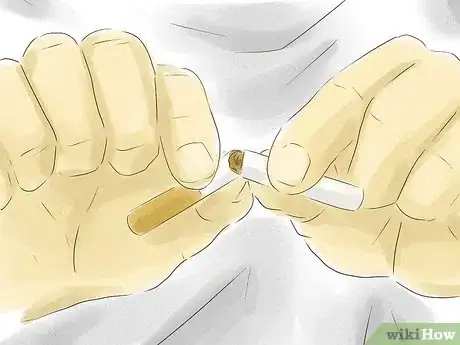
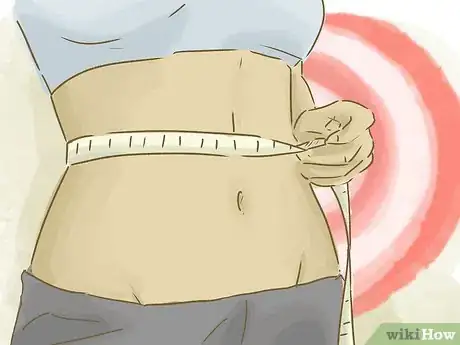
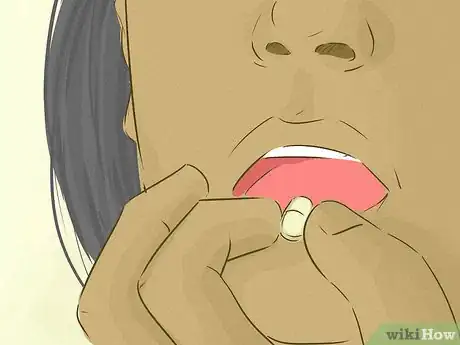
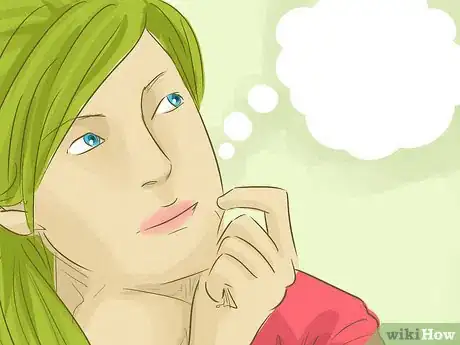
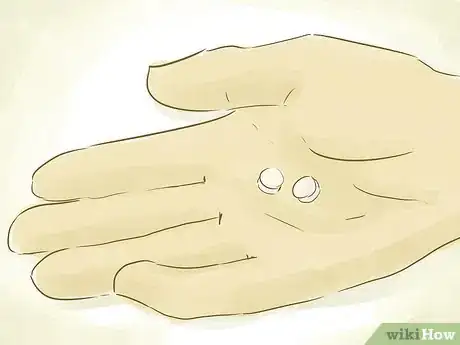
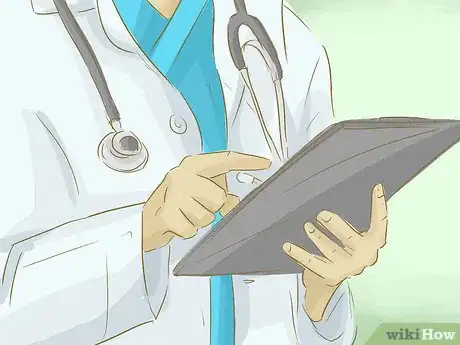
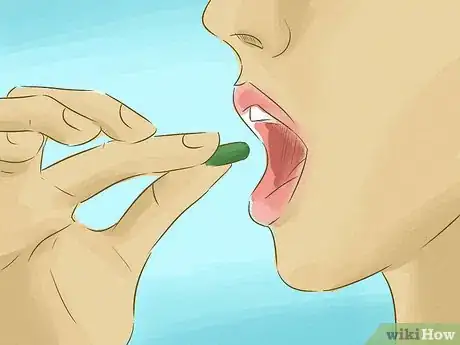
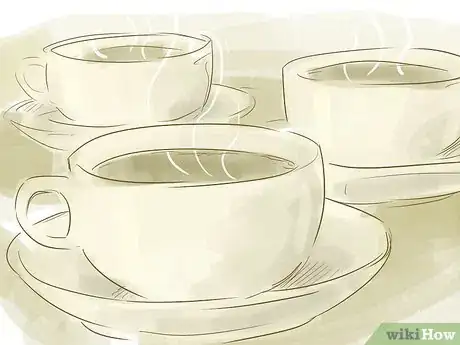
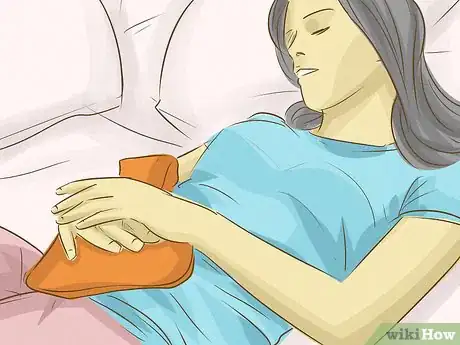
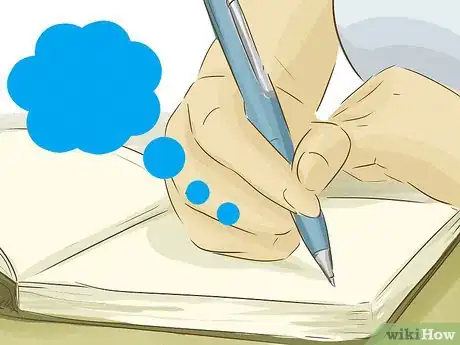
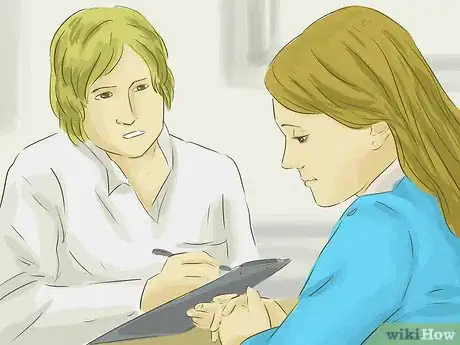
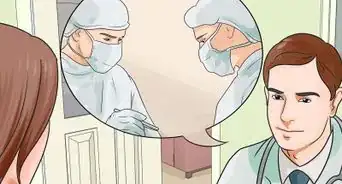
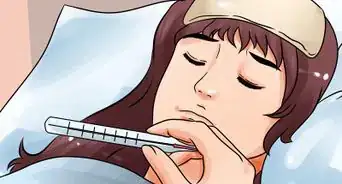
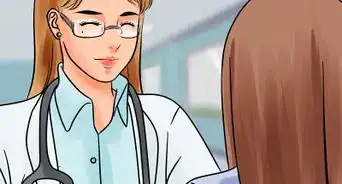
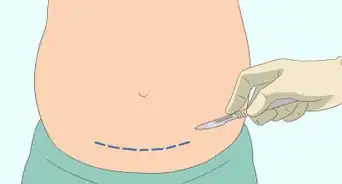

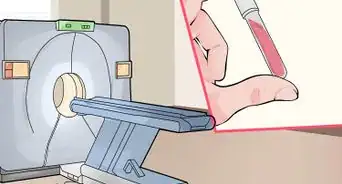
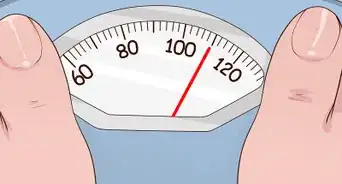
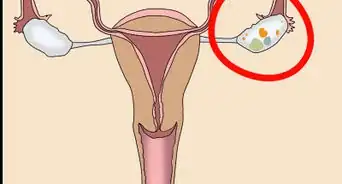
-Step-11.webp)
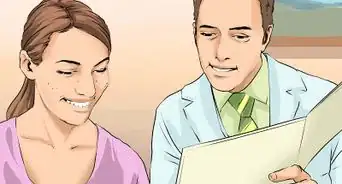
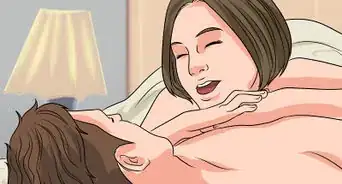
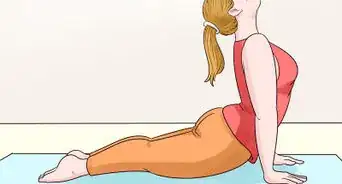

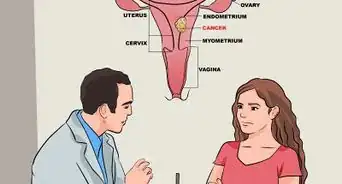







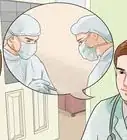






































Medical Disclaimer
The content of this article is not intended to be a substitute for professional medical advice, examination, diagnosis, or treatment. You should always contact your doctor or other qualified healthcare professional before starting, changing, or stopping any kind of health treatment.
Read More...